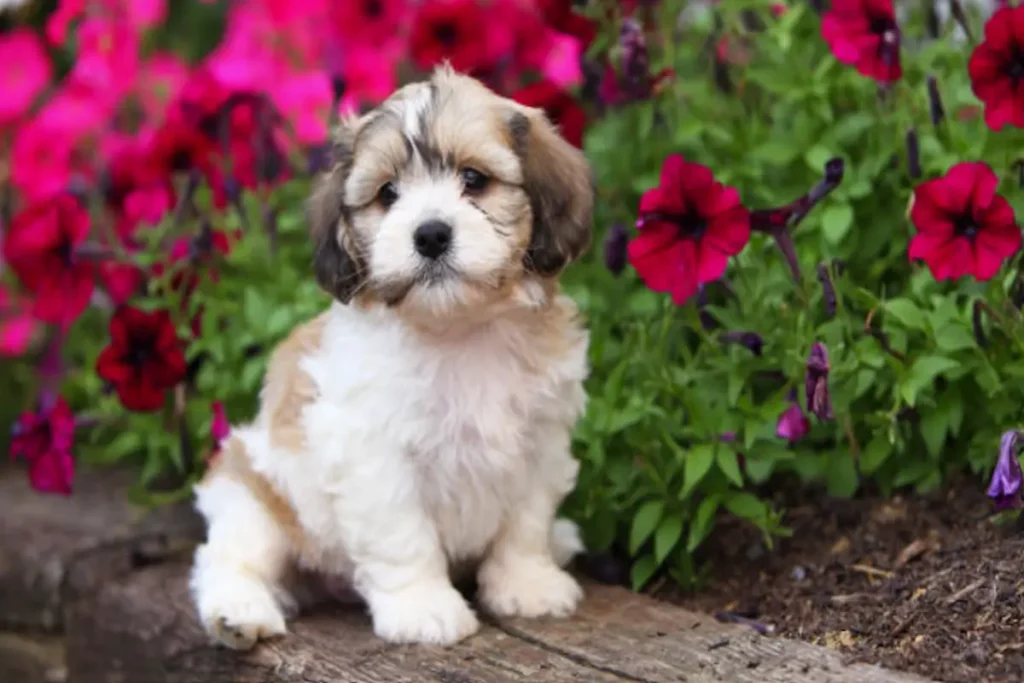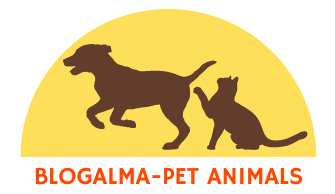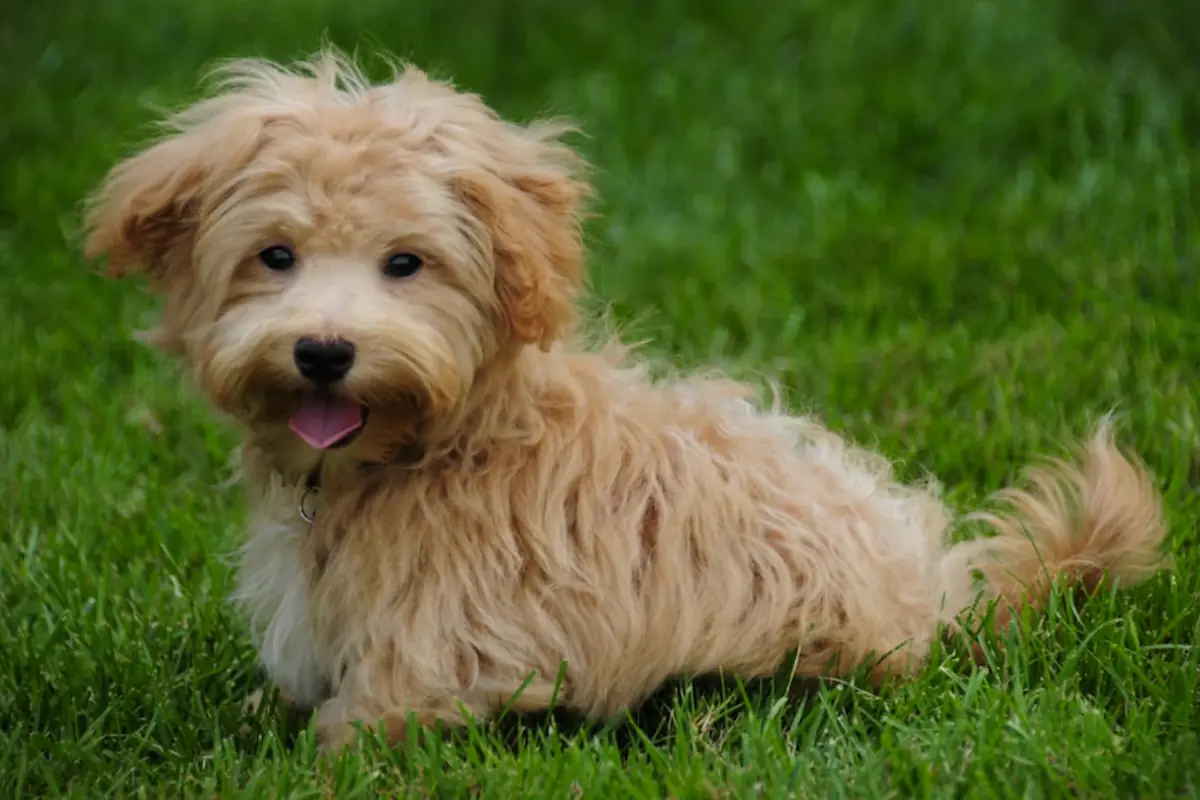When it comes to adorable, affectionate dogs that melt your heart at first sight, the Teddy Bear breed tops the list. If you’re looking for a fluffy, sweet companion, the Teddy Bear dog may just be the perfect fit. This article will take a deep dive into everything you need to know about Teddy Bear dogs, from their personality and care needs to whether they’re the right pet for your family.
What Is a Teddy Bear Dog?

So, what exactly is a Teddy Bear dog? Well, contrary to what you might think, it’s not one specific breed but rather a term used to describe small, hybrid dogs known for their cute, fluffy appearance that resembles a cuddly teddy bear. These dogs are often a mix of breeds like the Bichon Frise, Shih Tzu, or Poodle. Teddy Bear dogs have gained popularity due to their affectionate nature, low-shedding coats, and adaptability to various living conditions.
The History and Origin of Teddy Bear Dogs
The Teddy Bear dog is a relatively new addition to the world of designer dog breeds. They were bred with the goal of combining the best qualities of different breeds, creating a dog that’s not only adorable but also friendly, hypoallergenic, and versatile for families. The Shih Tzu and Bichon Frise mix, known as the Zuchon, is one of the most famous Teddy Bear dog hybrids. This mix first appeared in the U.S. in the late 1990s.
Related: The Shorkie Dog: Your Essential Guide to This Adorable Mix for Pet Lovers!
The Characteristics of Teddy Bear Dogs

Physical Appearance
One of the key characteristics that make Teddy Bear dogs so appealing is their fluffy, soft coats and round faces. They have large, expressive eyes that give them a sweet and playful look. Their coats come in various colors, from white and cream to black, brown, or a combination of shades.
Temperament
Teddy Bear dogs are known for their friendly and sociable nature. They love to be around people and thrive on human interaction. These dogs are typically calm, making them perfect companions for people of all ages, including families with children and seniors.
Size and Weight
Teddy Bear dogs are small, typically weighing between 8 to 20 pounds. Their size can vary depending on the specific breed mix but, in general, they’re compact enough to be apartment-friendly while still sturdy and playful.
Common Teddy Bear Dog Breeds
While there are several types of Teddy Bear dogs, a few stand out as the most popular mixes.
Shih Tzu-Bichon Mix (Zuchon)
The Zuchon is perhaps the most famous Teddy Bear dog. This adorable mix of Shih Tzu and Bichon Frise is known for its low-shedding coat and playful personality. Zuchons are great with children and are also excellent companions for older adults.
Shorkie
Another popular Teddy Bear breed is the Shorkie, a mix of the Shih Tzu and Yorkshire Terrier. Shorkies are known for their energetic and loyal nature. While they’re small, their terrier side makes them a bit more assertive than some other Teddy Bear breeds.
Maltipoo
The Maltipoo, a cross between a Maltese and a Poodle, is another favorite among Teddy Bear dog enthusiasts. They have curly coats, are highly trainable, and make affectionate pets. Maltipoos are ideal for those looking for a dog with hypoallergenic qualities.
Teddy Bear Dog Personality

Teddy Bear dogs are affectionate, loving, and often quite playful. They’re the type of dog that thrives on attention and companionship. Their adaptable nature makes them great pets for both individuals and families. They are typically intelligent and easy to train, which is a bonus for first-time dog owners.
Grooming and Care for Teddy Bear Dogs
Maintaining the coat and overall hygiene of a Teddy Bear dog is essential to keeping them healthy and happy.
Coat Maintenance
Teddy Bear dogs have coats that require regular grooming to prevent matting and tangling. Brushing their coat a few times a week will keep it soft, shiny, and free of knots.
Bathing
Bathing your Teddy Bear dog every 4-6 weeks is recommended to keep their coat clean and fresh. Make sure to use dog-friendly shampoos to avoid irritation.
Nail Trimming and Ear Cleaning
Teddy Bear dogs’ nails should be trimmed regularly, about once every month. Their ears also need to be checked and cleaned to prevent infections, especially since their floppy ears can trap moisture and dirt.
Training Teddy Bear Dogs
Teddy Bear dogs are intelligent and usually eager to please, making them relatively easy to train. However, like all dogs, consistency and patience are key.
House Training
House training for a Teddy Bear dog should begin as early as possible. Establishing a routine and using positive reinforcement will help ensure success. These dogs respond well to praise and treats when they do something right.
Obedience Training
Teddy Bear dogs should also undergo basic obedience training to ensure they know essential commands like “sit,” “stay,” and “come.” This is important not only for good behavior but also for their safety.
Diet and Nutrition
Providing your Teddy Bear dog with a balanced diet is crucial to their overall health.
Best Types of Food
High-quality dog food, whether commercially available or homemade, should be given based on their size and nutritional needs. Look for foods rich in protein, healthy fats, and essential vitamins and minerals.
Portion Control and Feeding Schedule
Since Teddy Bear dogs are small, overfeeding can quickly lead to obesity. It’s best to feed them in controlled portions, typically twice a day, with treats given in moderation.
Health Considerations
Like all dog breeds, Teddy Bear dogs have certain health concerns that potential owners should be aware of.
Common Health Issues
Some common health issues seen in Teddy Bear dogs include dental problems, allergies, and respiratory conditions. Regular vet visits are essential to monitor their health.
Vaccination and Vet Visits
Vaccination schedules should be adhered to closely to prevent diseases. Teddy Bear dogs benefit from regular check-ups to ensure they stay healthy.
Life with a Teddy Bear Dog
Living with a Teddy Bear dog is a delightful experience, as these affectionate and low-maintenance pups quickly become part of the family. Whether you’re single, have children, or are a senior looking for a companion, a Teddy Bear dog can easily adapt to your lifestyle.
Exercise Requirements
Although Teddy Bear dogs are small, they still need daily exercise to stay healthy and burn off their playful energy. A 20-to-30-minute walk or some interactive playtime indoors or in the yard is typically enough to keep them satisfied. They enjoy games like fetch, tug-of-war, or even mental stimulation puzzles, which help keep their minds sharp.
However, don’t overdo it—these pups are small, and too much activity can tire them out quickly. Finding the right balance between activity and rest is important for their well-being.
Socialization with Other Pets
Teddy Bear dogs are known for their friendly and adaptable personalities. They tend to get along well with other pets, whether it’s other dogs or even cats. Early socialization is key, though—exposing your Teddy Bear dog to various environments, people, and animals from a young age will ensure they grow into well-adjusted and confident adults.
Traveling with Teddy Bear Dogs
Thanks to their small size, Teddy Bear dogs are great travel companions. Whether it’s a road trip or a flight, they can easily accompany you in a pet carrier. Just make sure to plan ahead—packing their favorite toys, a comfy blanket, and snacks can make the journey smoother for both you and your furry friend.
If you plan to travel often, it’s a good idea to crate-train your Teddy Bear dog so they feel safe and secure during trips. Additionally, checking pet travel policies with airlines or hotels in advance is always a good idea.
Teddy Bear Dogs with Families and Children
Teddy Bear dogs are often considered ideal family pets due to their gentle and patient nature. They can form strong bonds with both adults and children, making them a great fit for households with little ones.
Are Teddy Bear Dogs Good with Kids?
Yes, Teddy Bear dogs are known for being excellent with children. They’re playful but not overly energetic, making them great playmates for younger kids. However, because of their small size, it’s important to supervise interactions between very young children and Teddy Bear dogs to prevent accidental injuries. Teaching kids how to handle the dog gently is essential for building a positive relationship between them.
Teddy Bear Dogs and Senior Companionship
For seniors looking for a companion, Teddy Bear dogs are an ideal choice. They’re low-maintenance in terms of exercise needs, but they still provide plenty of affection and companionship. Their gentle temperament, combined with their manageable size, makes them perfect pets for older adults who may not have the energy to care for a more active or larger breed.
Adoption vs. Buying a Teddy Bear Dog
When it comes to bringing a Teddy Bear dog into your home, you have two primary options: adoption or purchasing from a breeder.
Adopting a Teddy Bear dog is an excellent way to give a dog a second chance. Many rescues and shelters have Teddy Bear mixes looking for loving homes. Adoption tends to be more affordable than purchasing from a breeder, and it gives you the satisfaction of knowing you’ve saved a life.
On the other hand, buying from a reputable breeder allows you to meet the parents of your future pup and ensure that they come from a healthy bloodline. Be cautious of puppy mills and always do thorough research before committing to a breeder.
Conclusion: Is a Teddy Bear Dog Right for You?
In summary, Teddy Bear dogs are lovable, and adaptable, and make excellent companions for a wide range of households. Whether you’re single, have children, or are looking for a pet to keep you company in your golden years, a Teddy Bear dog can bring a lot of joy into your life. With proper grooming, training, and care, they’ll be by your side for many happy years.
FAQs
Are Teddy Bear dogs hypoallergenic?
Yes, many Teddy Bear dogs are considered hypoallergenic, particularly those with Poodle mixes. While no dog is completely hypoallergenic, Teddy Bear dogs tend to have low-shedding coats, making them a good option for people with allergies.
How big do Teddy Bear dogs get?
Teddy Bear dogs are small breeds, typically weighing between 8 to 20 pounds depending on the specific breed mix. Their compact size makes them suitable for apartments and small living spaces.
How often should you groom a Teddy Bear dog?
Teddy Bear dogs should be groomed regularly to keep their coat free from mats and tangles. Brushing a few times a week is recommended, and they should also be bathed every 4-6 weeks. Regular nail trimming and ear cleaning are also essential.
What is the average lifespan of a Teddy Bear dog?
The average lifespan of a Teddy Bear dog is around 12 to 16 years, depending on their health and the care they receive throughout their life.
How much exercise does a Teddy Bear dog need?
Despite their small size, Teddy Bear dogs still need daily exercise to stay healthy. A moderate 20-30-minute walk each day, along with some playtime, is usually enough to keep them happy and active.

